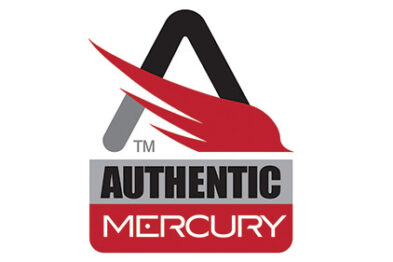A few weeks back, Genea’s CEO, Michael Wong, was featured on the UpTech Report. He provided thought leadership on CRE technology and why it is so important to build trust in an industry so heavily based on existing relationships. Wong provided an overview of his professional path and how it led him to Genea, how the company has progressed and expanded since he took over as CEO and what the future holds for Genea and the proptech industry as a whole.
Founded by Alexander Ferguson, UpTech Report is an online media platform that dives into upcoming technologies that are or will soon be, disrupting our lives. They explore how these technologies are enhancing our lives for the better and ask the questions entrepreneurs, business leaders and techies need answered.
Wong provided a high-level summary of the different products offered by Genea: Overtime HVAC, Automated Submeter Reading and Billing, Access Control and Visitor Management. All of Genea’s offerings are cloud-based applications that work with a buildings existing hardware and allows property management teams to streamline manual processes. Genea’s products save time, resources and money while providing users with a mobile app, putting them in control and increasing the tenant experience.
When asked what he wishes he would’ve known nine years ago when first starting with Genea, Michael said, “I had to learn the hard way that commercial real estate is a very relationship driven industry and even though we have a wonderful product with a lot of value props, building owners and property managers don’t now you from a hole in the wall so you have to earn your reputation over time.”
Ferguson asked if there are any common thoughts or misconceptions regarding how owners of commercial real estate may have, and how they should be thinking differently when managing their facility? Wong believes that one of the biggest problems is that people just aren’t aware that there is a better, automated solution available. “They don’t know there’s an automated way of providing service, like Genea’s app – they think the work order system is fine the way they currently do it.”
Despite that, Wong suspects that will have to change because, “Historically building owners have focused on improving physical aspects of a building, such as the elevators or lobbies, but now tenants are looking for more. For example, ‘Does the building have the technology that I expect?’ Tenants are going to demand technology that creates more convenience for them and their guests and it isn’t as expensive as one might think,” Michael notes. “So much of the technology is software based and typically doesn’t require major upfront costs, so you receive a very compelling return on investment.”
Because so much of the CRE industry is based on relationships and trust, Genea has worked hard to earn that trust and prove ourselves as a product and a service provider. Michael explains, “We achieved this by approaching a building and initially beginning with a pilot program with two or three or their buildings and not charging any initial set up fees, not charging a fixed monthly fee until the service went live and not requiring anything longer than a 12-month commitment. Then after 12 months if Genea didn’t provided great value and improved the satisfaction of your tenants and property team, they can simply unplug us because we didn’t do our job.”
Approaching the business this way has allowed Genea to prove its value and continue doing business with a 99% customer retention at the building level.
Another valuable part of our offerings is all our software can usually work with the existing hardware in the building. “With our Overtime HVAC software, we integrate directly with any type of building management system (BMS). Even if it is proprietary and not open protocol, it doesn’t matter – our software has been built to communicate to all the different brands. With submeter billing, we can either plug into the data collector, or the BMS to automatically read the meters and generate invoices for individual tenants,” Wong explained. “With access control, we can plug directly into Mercury-based firmware, which is found in about 60% of the underlying hardware out in the market, and do a software take over, completely through the cloud without a big upfront investment.”
When asked where do you see the company in five years, Michael maintains that will be heavily influenced by the customers. “Genea originally began by just offering the Overtime HVAC service and built a really good reputation. Our customers told us how much they loved the product, and how it made the tenant and property teams lives better, made them more money, and asked if we could help with another problem?” The problem customers asked us to solve for was submeters being read manually with clipboards so we developed a product for submeter billing and reading in order to help. Access control was another pain point. We looked at either acquiring or developing a better solution. In 2019, we acquired what is by far and away the best technology in the space and are rolling that out to customers.
Because commercial real estate has been slow to adopt technology, there is no 800 pound gorilla in our space, but there will be. “Large companies want a brand they can rely on and Genea has become that brand – our net promoter score and our retention tells me that. So that is the goal: build the 800 pound gorilla that this industry needs.”
You can find the original article here and check out part two tomorrow.
If you are interested in learning more about Genea’s cloud-based software solutions and how they can help streamline day-to-day building operations for property teams and tenants, schedule a demo below.



